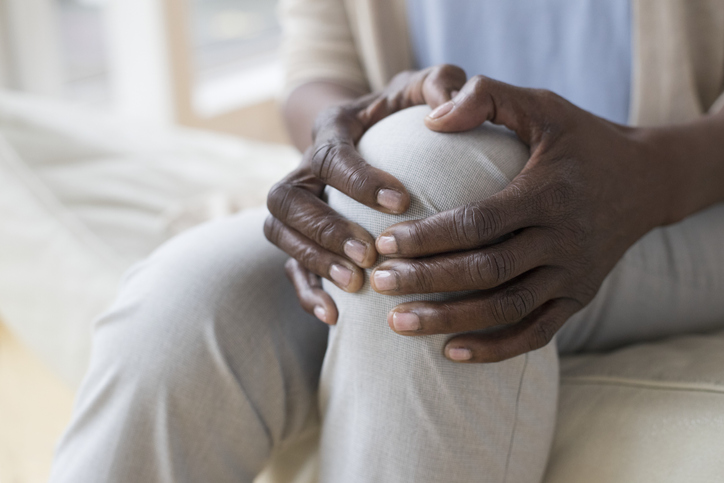Osteoporosis is a disease that weakens the bones and makes them fragile and easy to break. This can significantly impact quality of life, increase hospital visits, and even cause death. There is a popular belief that osteoporosis is a natural part of the aging process, but the truth is that it can be prevented.
Our bones are constantly renewing themselves. This process is faster when we are young. After age 20, it slows down. At age 30, we are thought to reach maximum bone mass.
Puntos clave
• Osteoporosis weakens the bones and makes them fragile and easy to break.
• Some factors, such as a sedentary lifestyle and poor diet, can contribute to osteoporosis.
• To prevent osteoporosis, you should exercise and maintain a healthy diet.
The likelihood of developing this disease depends on the bone mass developed during youth.
Some factors can play a role in the development of osteoporosis:
Lifestyle
Nutrition is key, as a diet low in calcium contributes to decreased bone density and increases the risk of fractures. So does being underweight, consuming too much alcohol, and smoking.
Another factor is sedentary lifestyle. People who spend too much time sitting down or don’t exercise regularly have a higher risk of osteoporosis.
Family history and genetics
Having a family member with osteoporosis, especially if they have had hip fractures, increases your risk of developing it.
Sex
Women are much more likely to develop osteoporosis than men, although men aren’t invulnerable. This is primarily because of the reduction in estrogen levels that women experience during menopause.
Medications and conditions
Another factor that can interfere with the bone renewal process is prolonged use of corticosteroids like prednisone and cortisone.
Some medical conditions can also encourage the development of osteoporosis:
• Rheumatoid arthritis
• Cancer
• Celiac disease
• Inflammatory bowel disease
• Kidney disease
• Lupus
How to prevent osteoporosis
Eat a healthy diet
It is important to get enough calcium from food to keep your bones strong. To get this mineral, include the following options in your diet:
• Nuts
• Orange juice
• Dairy products
• Legumes
• Seafood
• Fish
• Green leafy vegetables
Vitamin D is also important for caring for your bones, as it helps the body use calcium from your diet.
Manage your weight
Being overweight or obese can be a problem for your bones as it increases the risk of fracture, especially in the arms and wrists.
Being underweight can also increase your risk.
Exercise regularly
Just like our muscles, our bones become and stay stronger with daily exercise, so try to avoid a sedentary lifestyle.
Weightlifting is a good option for strengthening the bones. You can also try walking, biking, swimming, or aerobic exercise.
Sources: National Library of Medicine, Mayo Clinic, National Institute of Arthritis and Musculoskeletal and Skin Diseases.
